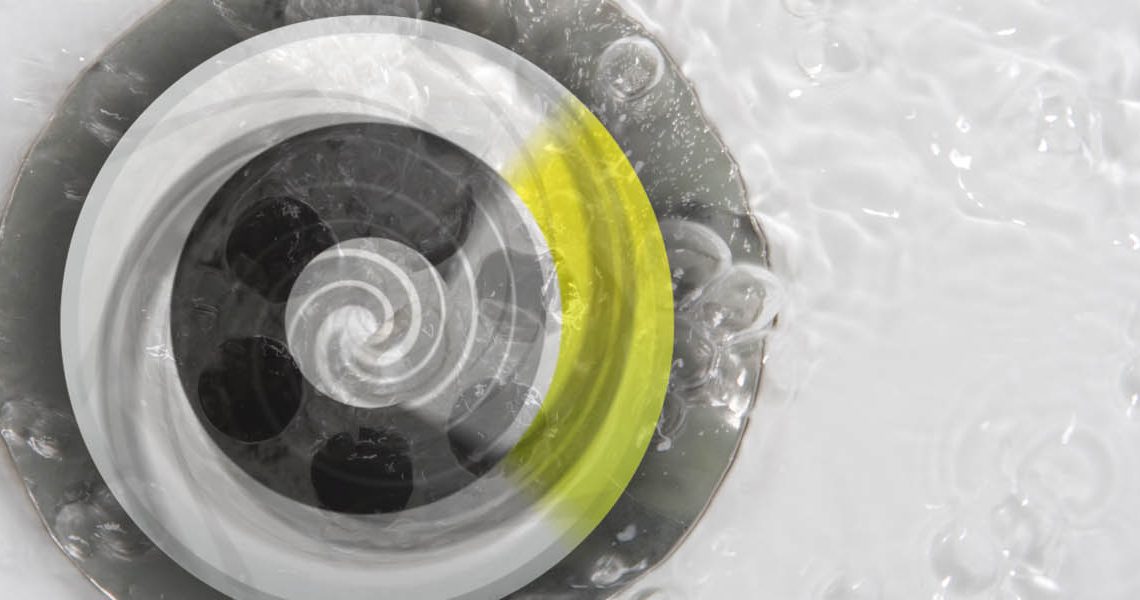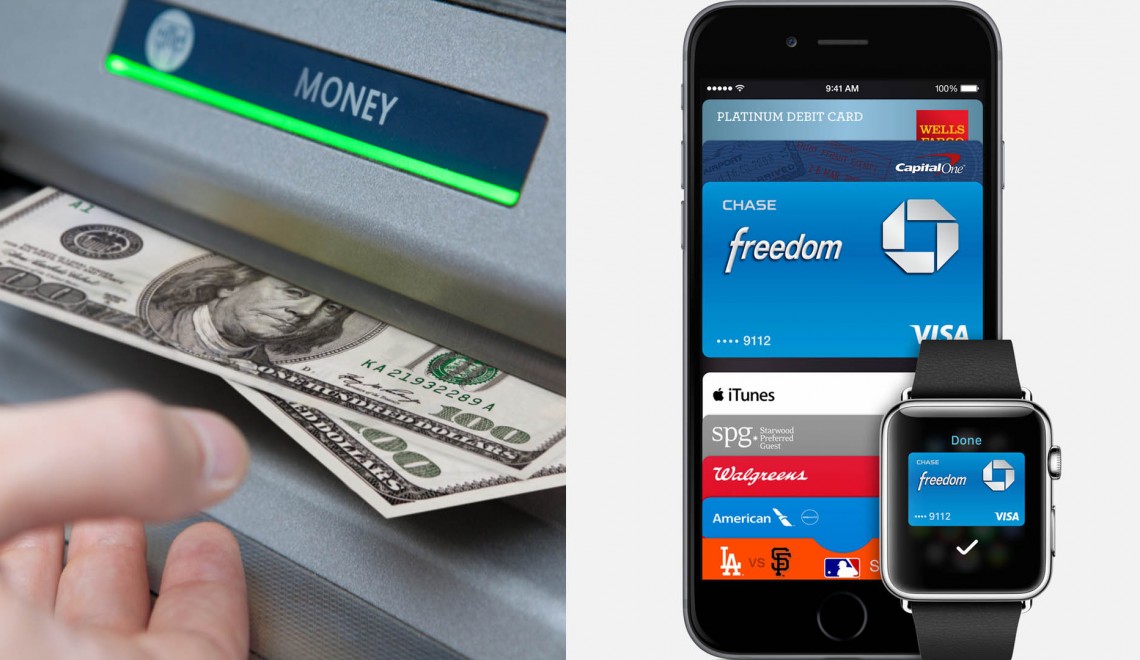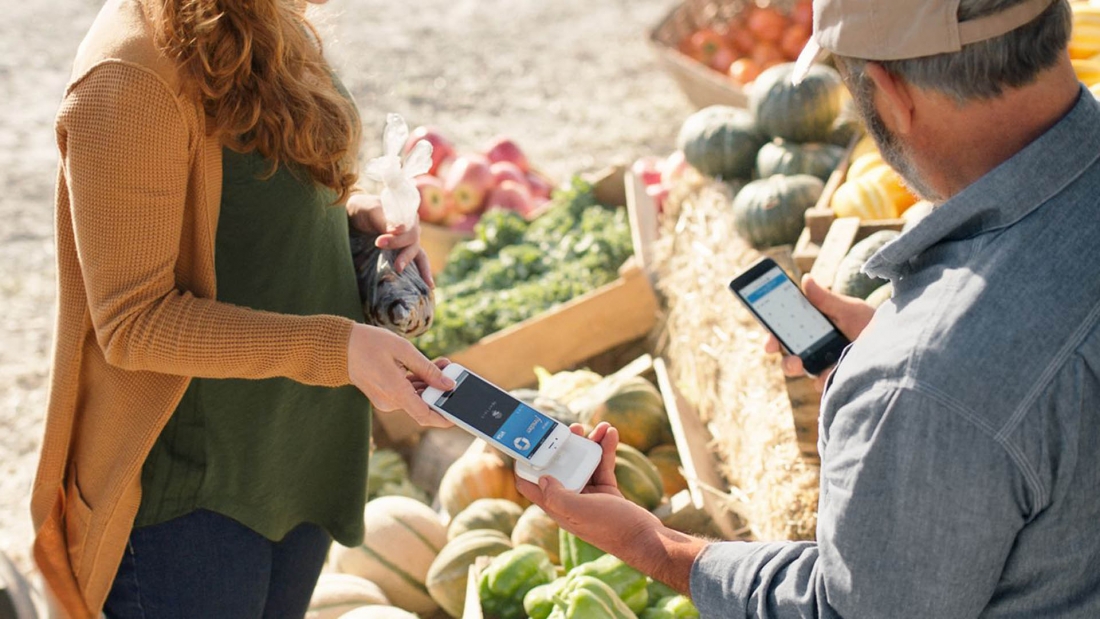Things seem to continue to look bleak for CurrentC. We have covered the technology in the past and have made no secret that we do not understand how it is a viable alternative to payment solutions such as Apple Pay and Android Pay. As a refresher, the CurrentC system was designed by a consortium of merchants through a joint venture called MCX, formed in 2012. After significant delays, the, now antiquated, QR based service is finally beginning public trials in the coming weeks. This sounds like it could be good news, right, better late than never? Problem is, the 3 year exclusivity contract that MCX required for CurrentC is set to expire this week; that’s right, the exclusivity contract is ending before CurrentC has even begun public testing. In fact, while MCX expects to soft launch the payment system in Columbus, OH in the coming weeks, it doesn’t expect a roll out of the technology nationwide until 2016.
It is therefore not surprising that we now know who the first MCX member planning to accept Apple Pay is (and later Android Pay and Samsung Pay): Rite Aid. The company made headlines last Fall when both it and CVS turned off the ability to accept Apple Pay hours after the service’s launch. After making a point to honor the MCX exclusivity, it is interesting that Rite Aid is now leading that charge of MCX members to accept NFC based mobile payments. It was announced earlier this year that fellow members Best Buy will also begin accepting Apple Pay, but not until later this fall. None of this can be surprising to anyone who has been watching the mobile payment space; there was nothing consumer friendly about CurrentC and even if it launched earlier this year, as promised, it still would have been too late to market. It will be interesting to see what some of the other major merchants who are part of MCX do over the coming months. These include 7-Eleven, CVS, Hy-Vee, Lowe’s, Michaels, Publix, Dunkin’ Donuts, Shell, Sunoco, and Walmart.





